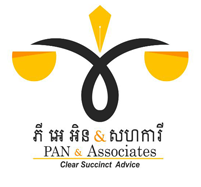Can a Domestic NGO Own Land in Cambodia?
No, domestic NGOs are not eligible to own land in Cambodia. According to Cambodia’s Constitution (Article 44) and Land Law (Article 8), only natural persons of Khmer nationality or legal entities with at least 51% of shares owned by a Cambodian natural or legal person can own land in the country.
Local NGOs Mean
A domestic NGO, as defined by the Law on NGOs (LANGO), is a non-profit organization established under Cambodian law with the goal of providing funds and services for public interest purposes without generating profits. While domestic NGOs can be established by foreign founders as long as there are at least three founding members who are natural persons of Khmer nationality, it does not qualify as a legal entity of Khmer nationality.
Risks of Using an Individual Nominee
If a domestic NGO wants to hold land in Cambodia, it may use an individual nominee, such as an employee, to hold the land on its behalf. However, this arrangement poses several legal risks, including:
* Ownership disputes
* Breach of trust
* Inheritance and succession issues
* Third-party claims
* Tax implications
* Legal voidability
It is crucial for NGOs operating in Cambodia to be aware of these risks and consider alternative arrangements that comply with Cambodian laws and regulations.
Get Expert Advice
If you’re a domestic NGO looking to navigate the complexities of owning land in Cambodia, our experienced lawyers can provide tailored guidance and support. Contact us today to learn more about your options and minimize potential legal risks.

